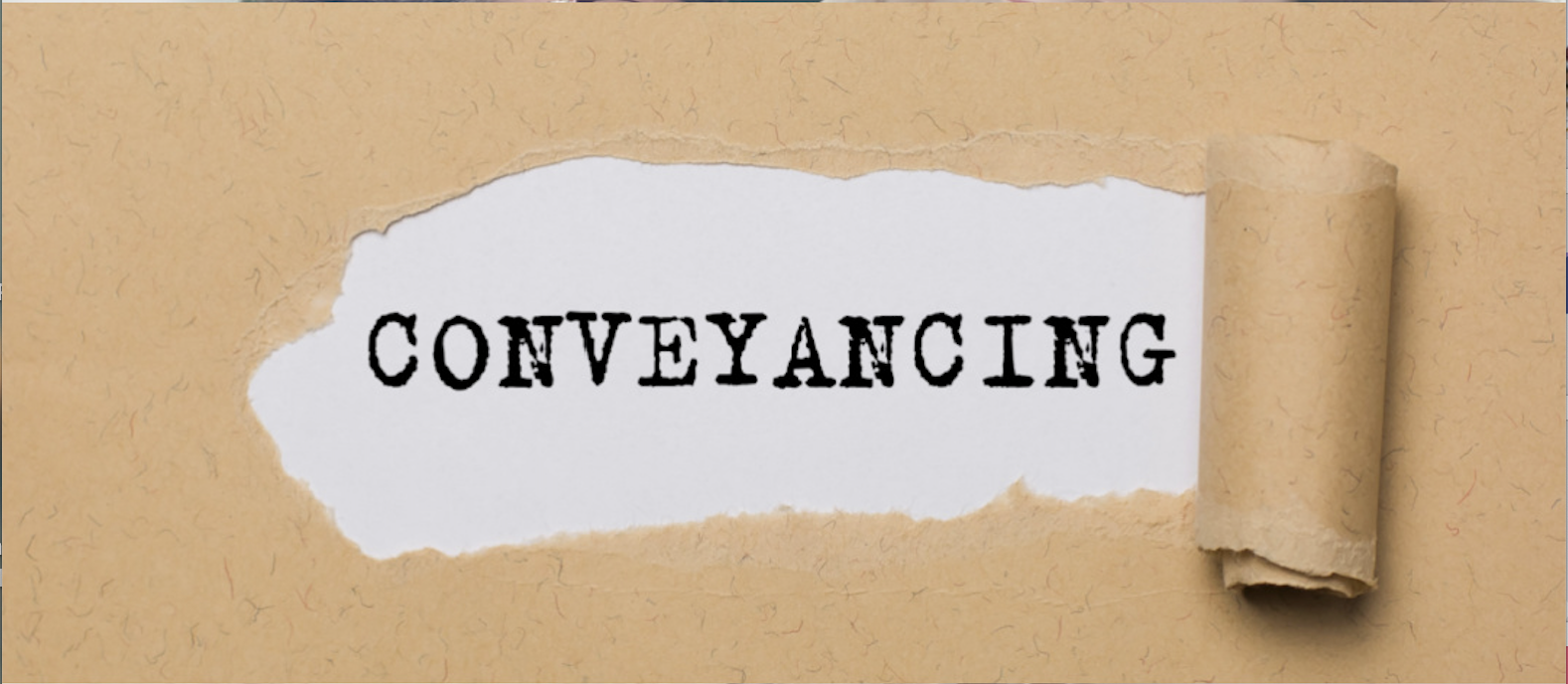If a family member such as a parent, for example, wants to sell you a property for less than market value, they are considered to be ‘gifting’ you a portion of that property. There are no legal reasons why you cannot buy your parent’s house at less than market value as long as you pay them enough to cover any outstanding mortgage, you can buy the property for as much or as little as they choose.
However, if you are buying your parents house for less than it is actually worth, there may be tax implications and other issues that both you and your parents will have to consider.
If you are buying the house outright, the transaction should generally progress like any other. If you buy the property with a mortgage you should make sure that the lender is informed of the situation as some will not approve you for a mortgage if the parties involved in the sale are related.
Moving Buddies provide the best Conveyancing quotes from impartial, accredited licensed conveyancers and solicitors throughout the UK.
What are The Main Issues?
- Bankruptcy – There are certain implications of an under-value property purchase should the person selling, in this case, your parents, go bankrupt. The Official Receiver, who manages the first stages of bankruptcy, has the power to overturn under-value transactions in certain situations. Always seek legal advice so that you understand the potential implications of taking part in such a transaction.
- Restrictions – Certain kinds of property cannot be gifted or sold under value to family members due to restrictions. These can include retirement homes. Again, seek legal advice on any restrictions regarding the title to the property.
- Tax – There are tax implications for both you and your parents when conducting property transactions: Inheritance Tax (IHT) and Capital Gains Tax must be taken into consideration, alongside Stamp Duty (SDLT). If your parent’s property is worth over the current Stamp Duty Land Tax threshold, and the property will not be your main residence, you will have to pay the increased Stamp Duty Land Tax as the property will be classed as an investment or a second home.
Alternatives To Buying Your Parents Home – Signing Over Property
Some people consider signing their property over to their children instead. However, this comes with many risks. Providing the seller owns their home outright, they can gift it to their children at any time they like, whether they still live in it or not. This would avoid any Stamp Duty and Inheritance Tax being owed, providing your parents live for at least seven years after the gift has been made.
You must bear in mind though, there are a number of implications for your parents if they sign over their property to you since they will no longer legally own it and would waive their rights to any income it may receive. Also, if they intend to remain in the property after they have given it to you, Inheritance Tax will still be charged unless they pay you rent at the market rate. Remember as well, that you will have to pay Income Tax on that rent.
If there is a family fall out between you and your parents, you would have the right to evict them from the property, leaving them in a vulnerable position. Furthermore, if you were married and subsequently divorce, the property could be classed as an asset and shared with your ex-spouse, leaving your parents in a vulnerable position and your family being dis-inherited.
There is also a chance that your parents could be accused of ‘Deliberate Deprivation of Assets’ should they sign over their home to you. This is sometimes done to avoid care costs in the future. If this happens, the Local Authority can transfer the property back into your parents name/s if they believe the transfer took place in order to avoid care fees.
Finally, if you die before your parents and they are still living in the property, the house will pass to whoever you left it to in your Will meaning they might have to move out. You should consider adjusting your Will to protect your parents should you wish.
If I Buy My Parents House Do I Need A Solicitor?
Whilst buying a house from a family member can save money, the question as to whether you save money on conveyancing fees is another matter. It is of course possible to handle the conveyancing yourself, without hiring a conveyancing solicitor, though parts of the process are only able to be legally carried out by solicitors trained in conveyancing, usually if you are getting a mortgage.
Also, as the process involves a considerable amount of paperwork, many people prefer this to be dealt with accurately by a professional. A conveyancing solicitor will ensure that Conveyancing protocols are adhered to and essentially protecting your interests.
Conveyancing solicitors would ideally prefer that you and your parents have separate legal guidance when it comes to the transfer of property due to the tax implications and concerns about undue influence. This is regardless of whether the property is being sold or gifted.
Our expert legal panel, made up of UK regulated solicitors and licensed conveyancers, can provide you with best Conveyancing quotes to help you to make your home buying or selling a simple and easy process.
Best Conveyancing Quotes
If you are purchasing a property from a family member it is still important to seek advice from a conveyancing solicitor. When you receive your conveyancing quotes make sure you explain your situation in full, as no two transactions are the same, and ask if this will have an impact on conveyancing fees. You can get advice on Conveyancing from any of our solicitors without any obligation from you to instruct – simply get the best Conveyancing quotes and arrange a call back at a convenient time for you
There is much to consider when buying / gifting a property from your parents and it’s vital to take professional advice to ensure that the financial protections you seek are met. Find best Conveyancing quotes HERE.




